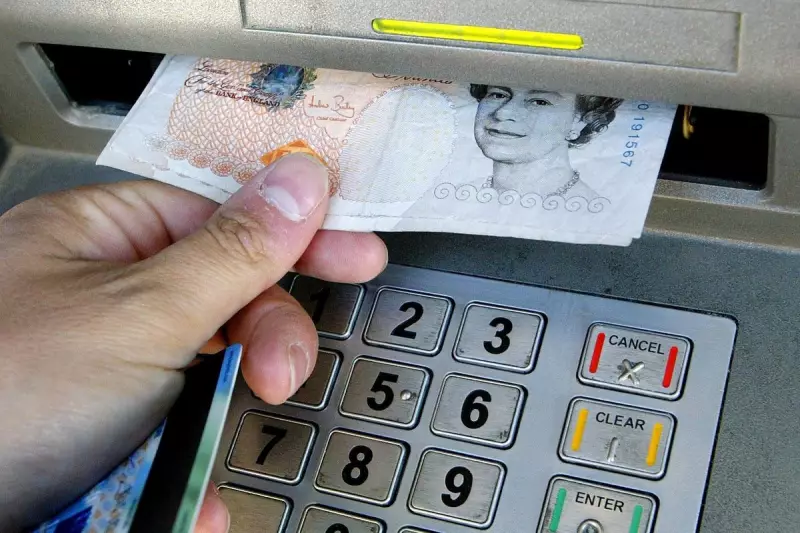
Britain is racing toward a cashless future at breakneck speed, but new research reveals this transition is leaving millions of citizens stranded. A comprehensive study by the Financial Conduct Authority (FCA) paints a concerning picture of financial exclusion affecting vulnerable populations across the nation.
The Disappearing High Street
Walk down any British high street today and you'll witness a startling transformation. Where cash once reigned supreme, card readers and contactless payments now dominate. According to the FCA's findings, over seven million people describe a cashless society as "problematic" for their daily lives.
Sheldon Mills, executive director of consumers and competition at the FCA, emphasised the gravity of the situation: "We know that while the rapid shift to digital payments brings many benefits, we need to ensure this does not come at the expense of vulnerable customers, particularly those who rely on cash."
Who's Being Left Behind?
The research identifies several groups disproportionately affected by the decline of physical currency:
- Elderly citizens who have used cash their entire lives
- Low-income households relying on cash for budgeting
- Rural communities with poor digital infrastructure
- People with disabilities who find digital payments challenging
One 74-year-old respondent from Yorkshire shared: "My local post office closed last year, and now the nearest cashpoint is two bus rides away. When the corner shop stopped taking cash last month, I felt like I'd been cut off from my own money."
The Infrastructure Collapse
The problem extends beyond individual preference to fundamental infrastructure issues. Bank branches have been closing at an alarming rate, with nearly 6,000 shutting their doors since 2015. Free-to-use ATMs are similarly disappearing, down 12% in just three years.
This creates a vicious cycle: as cash infrastructure declines, more businesses stop accepting physical money, which in turn makes maintaining that infrastructure less economically viable.
Government Intervention on the Horizon
In response to growing concerns, the Treasury has announced plans to protect access to cash through new legislation. The proposed laws would require banks to ensure customers can access their money without travelling unreasonable distances.
However, critics argue these measures may be too little, too late. With the pandemic accelerating the shift to digital payments by several years, the clock is ticking to find a balance between innovation and inclusion.
As Britain marches confidently toward a digital financial future, the question remains: will we ensure no one gets left behind in this monetary revolution?





